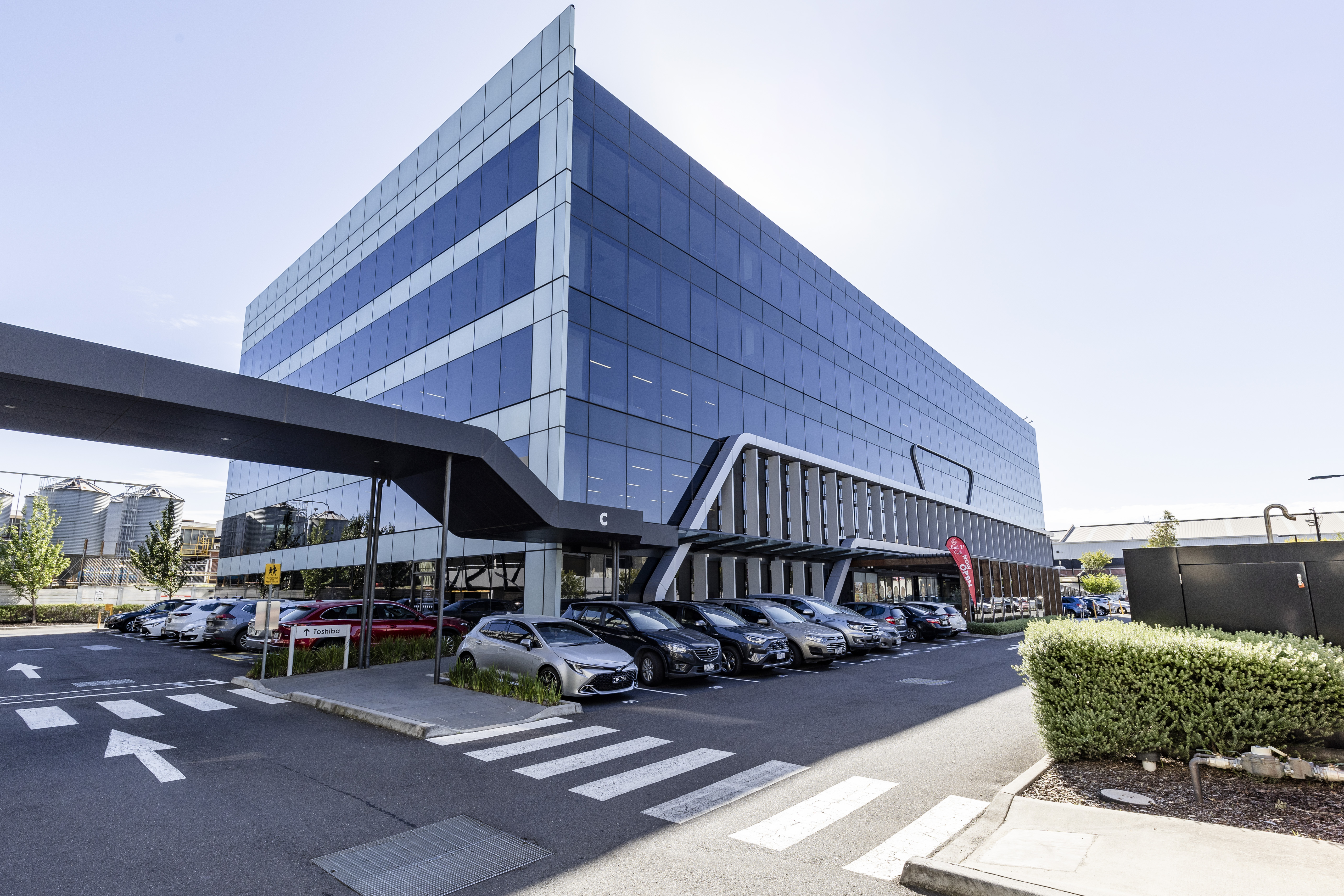Why Melbourne’s prospects are tantalising for investors
Population growth and a growing economy are inspiring optimism among real estate watchers
It consistently ranks among the world’s most liveable cities, it’s poised to become Australia’s biggest city and it can already claim Australia’s largest industrial and CBD office markets.
Melbourne’s got staying power, with a grab-bag of attributes investors can consider as the city surges forward from the economic shock of the pandemic, real estate analysts say.
“One of the strongest population and GDP growth projection combinations of any city in a global top 15 economy offsets weaker demand for offices after the pandemic, and is a huge driver of the demand we’re seeing for homes and warehouses,” says Annabel McFarlane, head of strategic research, JLL.
Melbourne’s population growth is set to create a requirement for 550,000 square metres of office space and 2.6 million sqm of industrial space over the next five years, according to the JLL whitepaper The Real Melbourne Narrative. The city will also need more than 200,000 new homes.
The relatively lower cost of housing than most other capital cities, office rents, and industrial rents create a tantalising proposition for investors. And despite Victorian government tax changes for foreign owners, that cohort of investor still poured about $880 million of capital into Victoria over the first three quarters of 2024.
Read below for a closer look at Melbourne’s real estate performance by sector.
Office – Riding the recovery
With above average investment returns typically seen a year after a correction in overheated real estate markets, Melbourne’s CBD offices are expected to rebound by 2025. Purchases of offices such as 628 Bourke Street by syndicator Bayley Stuart in June 2024 for $115m (a 36% discount to the $181m paid in 2017 by the seller, Swiss fund manager AFIAA ), and 367 Collins Street by Singaporean investment manager PAG for $315m (a 21% discount to peak book value), suggest early movers believe the market is bottoming out.
Melbourne’s population growth over the coming five years has a strong correlation with office demand, says Nick Drake, JLL’s joint head of office leasing in Victoria. There are limited new developments likely to start in the coming few years due to construction costs and capitalisation rates (an indication of how long it would take to recover your investment). This will compound demand for the limited high quality office accommodation that already exists, he says.
“The activity around East End Collins Street has shown that many corporates are willing to pay to locate in the best parts of town with the best amenity for their staff.”
Looking for more insights? Never miss an update.
The latest news, insights and opportunities from global commercial real estate markets straight to your inbox.
Industrial - Australia’s heartland
With 29.5m sqm of warehouses versus Sydney’s 23.1m sqm, Melbourne is the largest logistics and industrial market.
Projections suggest demand for 2.6m sqm of industrial space over five years, however, by 2028 there will be a 1m sqm shortfall of required stock, JLL has found. Plans to double container throughput to 6m TEU (a measurement of container capacity; A 20-foot container is 1 TEU) each year by 2035 at Australia’s largest port, the Port of Melbourne, will also boost demand.
“It costs half as much to lease a warehouse in Melbourne compared to Sydney, which has many large occupiers believing Melbourne will become the preferred location for national distribution centres,” says James Jorgensen, JLL’s head of logistics and industrial, Victoria.
While Melbourne is experiencing challenges with planning and infrastructure delivery, those challenges are far greater in Sydney, Jorgensen notes. Additionally, offshore capital is currently carrying a foreign owner’s land tax surcharge. “But that just means local capital is in pole position.”
Living – Building to rent
Greystar, Home, Local and Mirvac all delivering major projects in the build to rent (BTR) sector in Melbourne is evidence of its ability to support housing delivery at scale, says Jack Bergin, JLL’s head of living.
Melbourne has 60% of Australia’s overall BTR supply in part due to very high migration and the availability of well-located high-density sites in and around the CBD.
Still, it’s not enough to offset the decline in build-to-sell housing and will provide only limited relief to the rental market. Total inner Melbourne housing supply between 2024 and 2028 is expected to be only around 4,400 per annum – around 25% less than in the decade to 2023.
“Despite short-term headwinds for the housing market until interest rate cuts arrive, developers remain confident in a simple assumption: that total housing supply is going to fall well short of underlying demand from strong population growth over the next five years,” Bergin says.
Investment Opportunities
Hotels – World-class drawcards
More than a million fans flocked to the 2024 Australian Open in Melbourne – a new record. Plus, attendance for the city’s Grand Prix has broken consecutive records for the past three years, with nearly half a million attending the four-day event in 2024.
The gains are reflected in the hotel market, which has become the largest in the country.
Melbourne’s hotel market has absorbed more than 5,000 new hotel rooms since 2020, most of them upscale and luxury rooms. An additional eight hotels are under construction, which will result in a 33% increase in total stock over the current supply cycle, JLL has found.
“Melbourne’s hotel market has recovered ahead of expectations with average daily rates accelerating well beyond pre-COVID levels,” says Peter Harper, managing director of JLL's hotels and hospitality group. “The ongoing recovery is being supported by improved inbound visitation, and corporate travel, and a growth in meetings, conferences and exhibitions. There is also strong demand for leisure accommodation on back of major events and attractions.”
Contact Nick Drake
Joint head of leasing, VictoriaWhat’s your investment ambition?
Uncover opportunities and capital sources all over the world and discover how we can help you achieve your investment goals.




